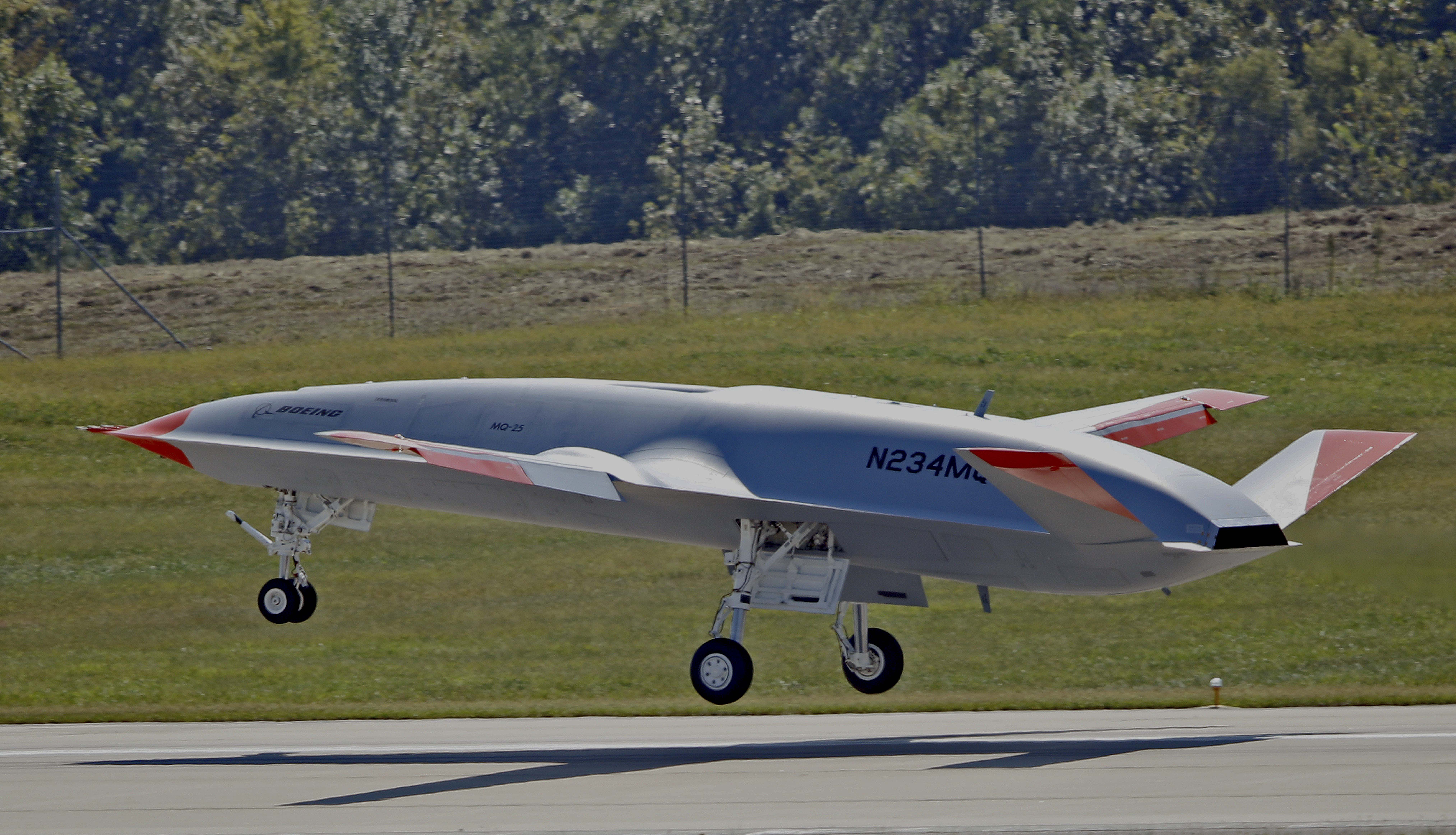
Boeing lost nearly $2 billion in 2019, but company executives told analysts they remain committed to investing in the research and development efforts that have proven critical to landing key defense contracts.
The aeronautics giant and defense contractor’s ongoing struggles with its 737 Max 8 production – halted following two deadly airline crashes in October 2018 and March 2019 – were cited by executives as reasons why the company’s operations didn’t turn a profit for the year.
“Our financial results continue to be impacted by the 737 Max grounding. Revenue, earnings-per-share and operating cash were materially reduced. Our revenue of $76.6 billion reflects the 737 Max impact,” Greg Smith, Boeing’s chief financial officer, said of the company’s 24-percent drop in sales from the $101 billion reported in 2018. He spoke during a quarterly earnings call on Wednesday. “Operating cash was a negative $2.4 billion. Again, primarily due to the 737 Max impacts.”
Operating cash is the money companies typically use to buy new equipment, build new plants and fund research and development efforts. Recently, Boeing’s defense-related business has relied heavily on significant R&D investments to land high-profile contracts from the Pentagon. Boeing’s defense business segment earned $2.6 billion in 2019.
“We’re still making investments, and we’re making investments in the productivity as well as, you know, on the R&D side,” Smith said. “We’re being prudent about it, and we’re sharpening the pencils.”
In 2018, Boeing reported having operating cash of $15.3 billion. That year Boeing landed three contracts from the Navy and Air Force, the start of what company executives said could be multi-decade programs, beating rival Lockheed Martin in the process.
The Air Force awarded Boeing a $9.2-billion contract to build the T-X trainer jets and $2.38 billion to replace the Air Force fleet of H-1 Huey helicopters.
The Navy awarded Boeing an $805-million contract to build its first four MQ-25A Stingray unmanned carrier-based tanker. The MQ-25 program could ultimately be worth $13 billion if the Navy follows through with its plan to field a fleet of 72 Stingrays.
Boeing was able to underbid competitors because the company had the cash flow to afford investing significant amounts of money into developing their concepts before being awarded the three contracts, former Boeing Chief Executive Dennis Muilenberg said during an October 2018 conference call. Muilenburg resigned from Boeing in December.
As an example of how much money Boeing was willing to spend to win the MQ-25and T-X contract awards, Smith said during the October call that Boeing spent $691 million during July, August and September of 2018.
In contrast, Lockheed Martin’s bids on the programs were designed to balance affordability with the long-term viability of programs, Marillyn Hewson, chief executive of Lockheed Martin, told analysts
“Had we matched the winning prices and been awarded the contracts, we estimate that we would have incurred cumulative losses across all three programs in excess of $5 billion – an outcome that we do not feel would have been in the best interest of our stockholders or customers,” Hewson said during the October 2018 call.
Boeing remains committed to investing in its operations, even as the company’s cash flow suffers. Earlier this week Boeing secured loans worth $12 billion from a syndicate of banks to ensure it has enough cash to keep production and R&D efforts going, Smith said. However, Smith warned that Boeing’s cash flow would be worse in 2020 because of the halt to the 737 Max 8 production.
Still, David Calhoun, Boeing’s recently installed chief executive, stressed that, while the company works to bring 737 Max 8 production back online, other business segments will not suffer.
“I don’t want to confuse anybody in the process. The fact that I will be focused on the Max, the fact that I will talk about that almost exclusively across Boeing over the course of this coming year, is not an indication that I’m going to starve anything going forward,” Calhoun said.





